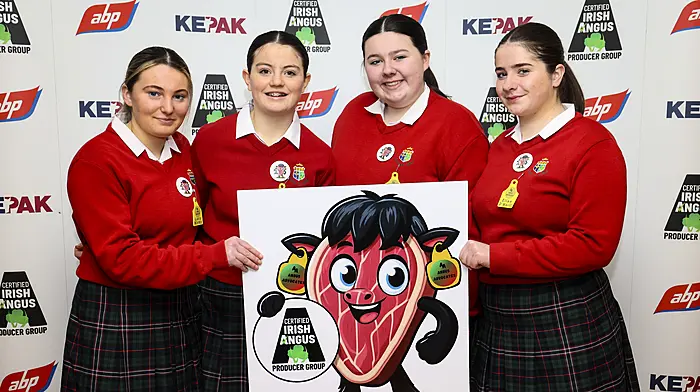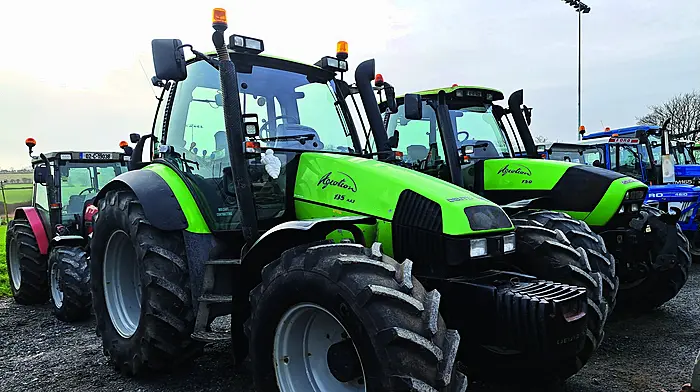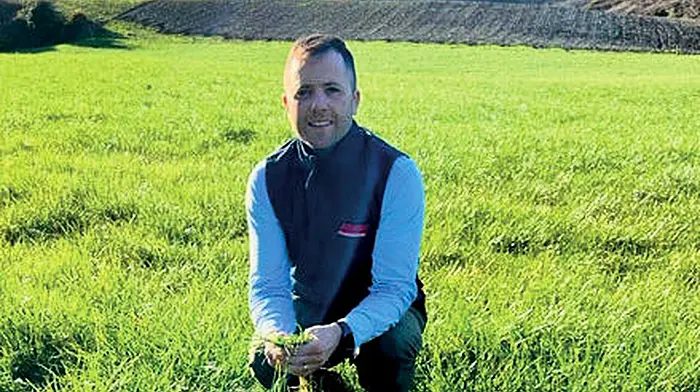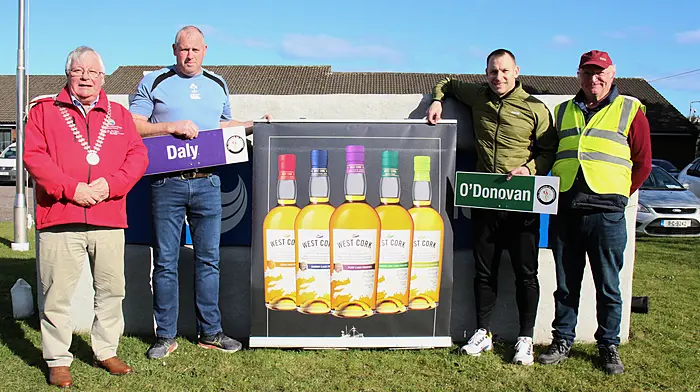ICMSA president Pat McCormack says Ireland’s agri-food regulator must deliver on supply chain transparency if it is to win the confidence of farmers.
Niamh Lenehan was appointed the new chief executive of the regulator, An Rialálaí Agraibhia by the Minister of the Agriculture Charlie McConalogue. The office was formalised into law through the Oireachtas in July, and has the power to issue fines of up to €10m for unfair trading practices.
Mr McCormack said while the ICMSA welcomes the establishment of the office, farmers are reserving their judgement on the regulator in the hope that ‘finally’ meaningful attention will be directed towards food price transparency along the chain.
Mr McCormack said the that the new office must not ‘join a long list of toothless agencies that seem to stand by wringing their hands when confronted with obvious unfairness and discrepancies in the pricing allocated to the different stages of the food supply chain’.
‘For too long, farmers have known the price they receive, and the consumer has known the price they pay but the bit in-between has been a mystery. ICMSA is firmly of the view that for the regulator to make a real impact, from Day One, it should publish monthly the prices received by the primary producer, the processor, the retailer and any other actors in the supply chain in a way that takes into account the uniqueness of each food product,’ said Mr McCormack.
The Minister for Agriculture says An Rialálaí Agraibhia ‘will perform a price, market analysis and reporting function to bring greater transparency all along the agricultural and food supply chain, providing regular reports on price and market information on all sectors in the agri-food supply chain’. Mr McCormack said how this mission will be implemented will be a key first test of the regulator and will determine farmer confidence that the legislation can and will work in their interest.
Mr McCormack cited the dairy sequence where the price paid to dairy farmers and by consumers is transparent, but what the processor receives and secondary processors – such as baby food manufacturers – is not. In
relation to beef, a farmer sells a finished animal, while the consumer purchases specific cuts. He said that a significant body of work will be required so that farmers can transparently see where, when and who got the value from the animal that the farmers had finished.
‘The new regulator has an opportunity to make a real difference and food price transparency is going to be the key initial test, both in terms of overall supply-chain fairness and of producing sustainable food,’ said Mr McCormack.










